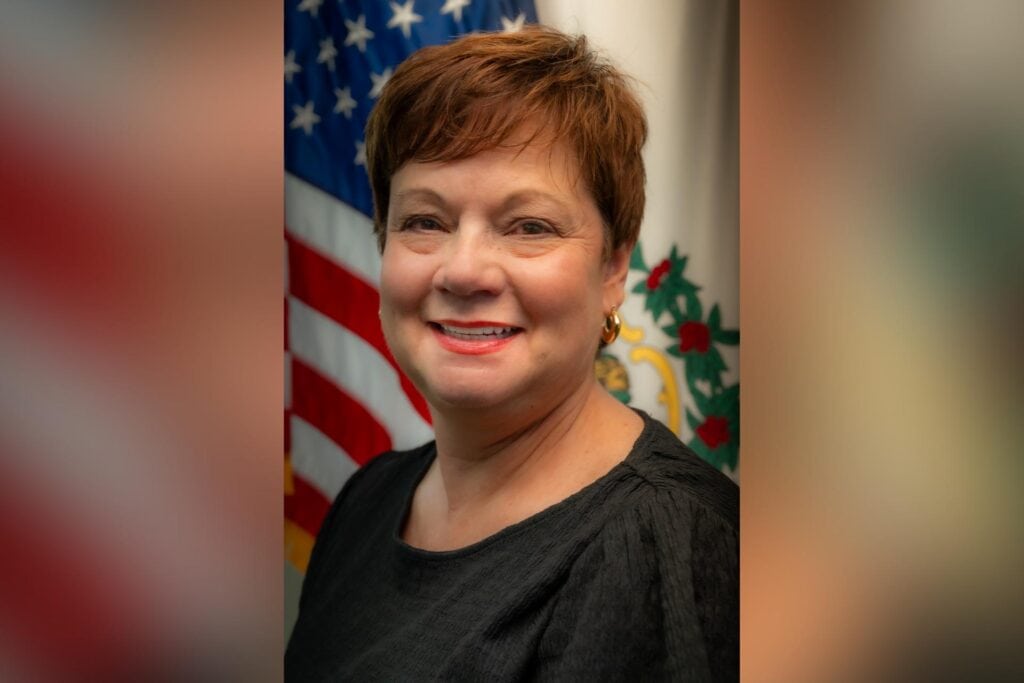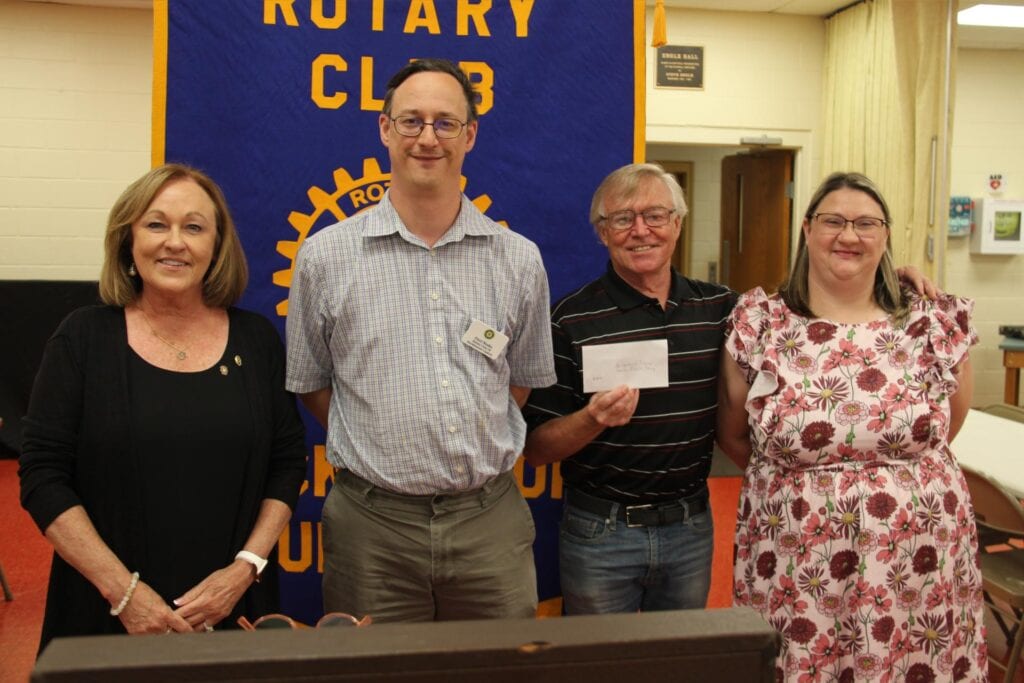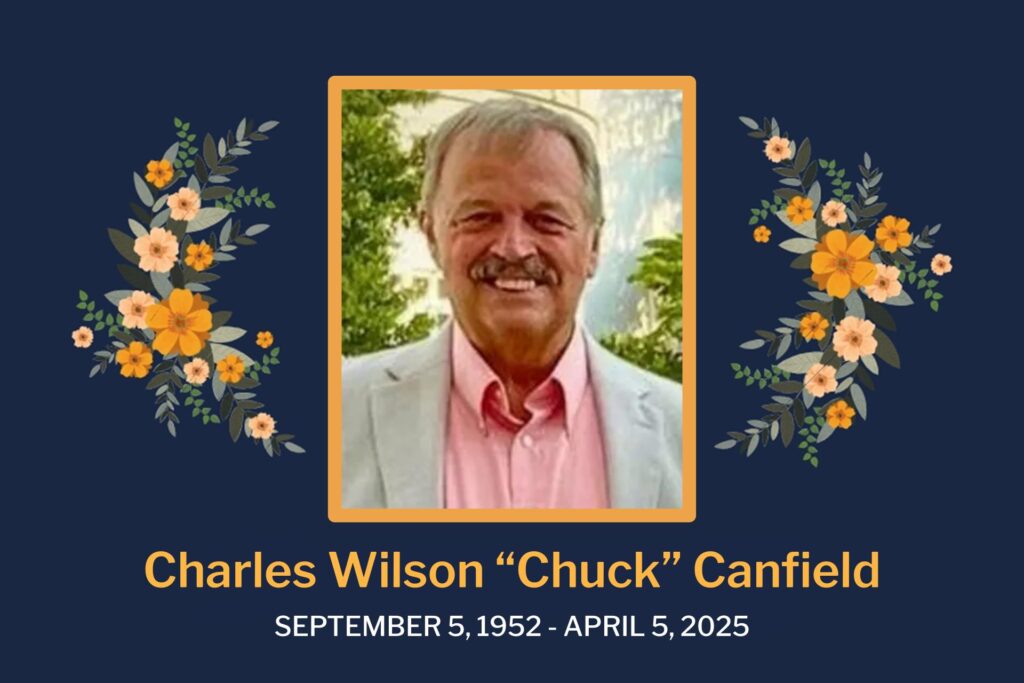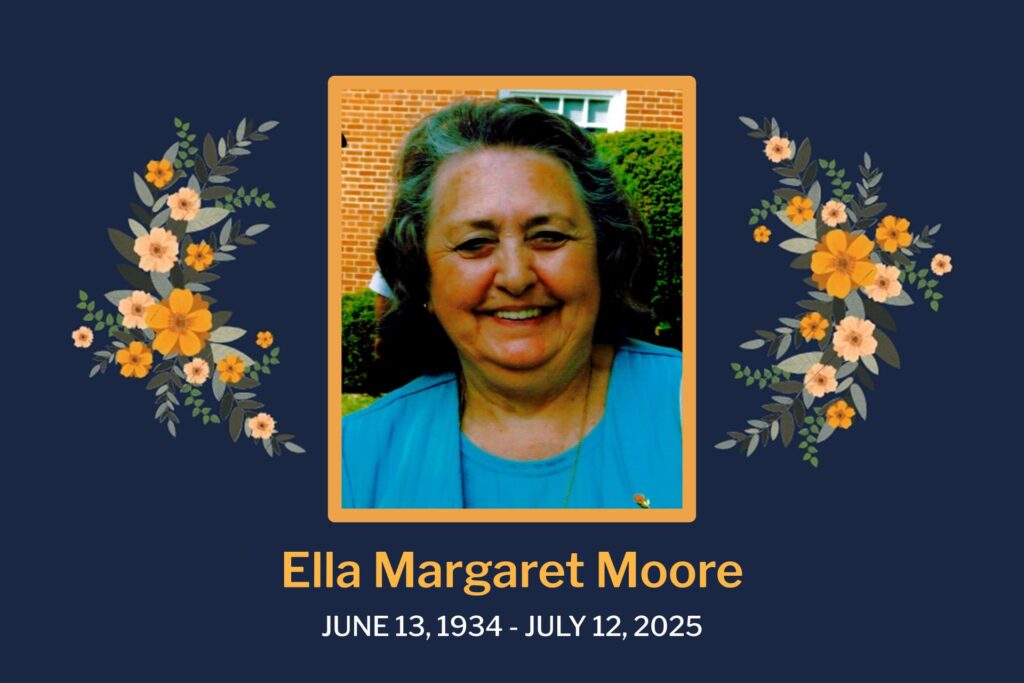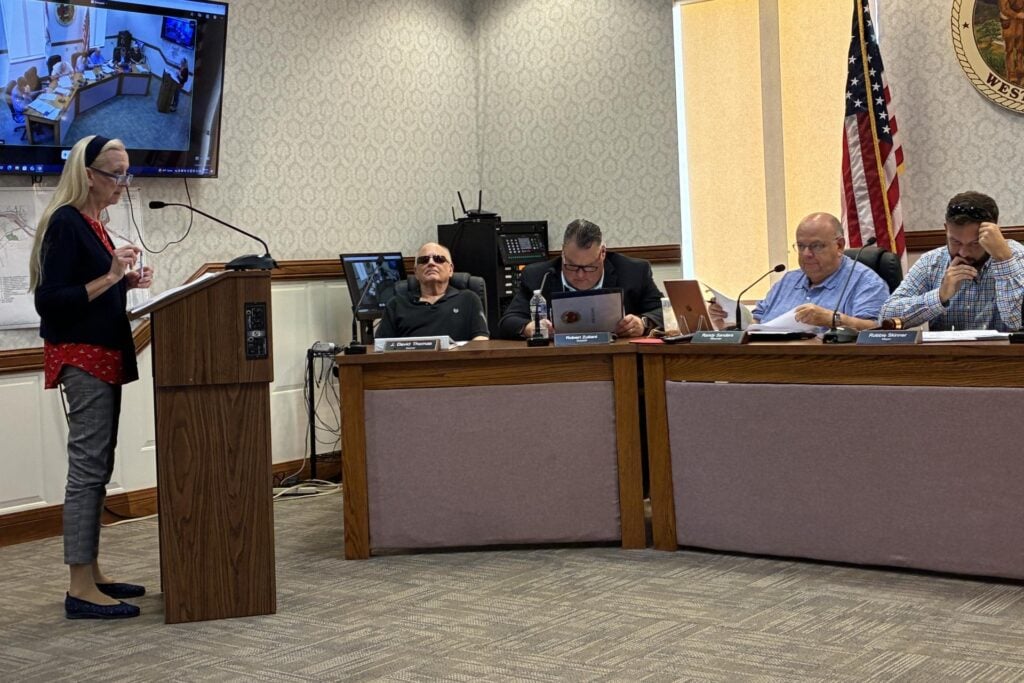Editor’s note: This story was originally published by Mountain State Spotlight. Get stories like this delivered to your email inbox once a week; sign up for the free newsletter at https://mountainstatespotlight.org/newsletter.
By Emily Allen and Lauren Peace, Mountain State Spotlight
CHARLESTON — Attorneys for the City of Huntington and Cabell County have spent more than six weeks trying to convince a federal judge that the nation’s three major drug distributors fueled an opioid epidemic that they say ravaged their community.
Now, U.S. District Judge David Faber is about to hear a much different story.
Summing up the last nearly seven weeks of testimony from their perspective, attorneys for the three large distributors — AmerisourceBergen, McKesson and Cardinal Health — argued Thursday that the city and county failed to prove how the companies are at fault, while asking for the judge to end the case early.
The epidemic and the large volume of prescription pills that flooded Cabell County were the result of overprescribing by doctors who adhered to medical standards at the time, they said — not the fault of distributors.
“Once the pills are in the community because doctors have prescribed them, distributors no longer have control of what happens to them,” said McKesson attorney Timothy Hester. “That is outside control of the distributors.”
Other company attorneys disputed problems with the distributors’ reporting systems for suspiciously large pain pill orders, and a responsibility to Huntington and Cabell County residents who are dealing with addictions to illegal opioids like heroin, rather than prescription opioids.
“It seeks to hold us responsible for the wrongs of others,” said Lane Heard, an attorney for Cardinal Health.
The companies’ request for the judge to end the case early — which Faber did not address Thursday — came after the city and county called 30 witnesses, ranging in expertise from epidemiology and public health to economics and public safety.
The defendants’ first witness is slated to testify Friday morning.
Huntington and Cabell County are seeking more than $2 billion from the drug distributors. They say the money is needed to fund programs that will help the community recover.
The last witness for the plaintiffs, Huntington Mayor Steve Williams, made a final plea to Faber on Wednesday.
“My biggest fear is … what happens if we can’t take care of this [crisis]? Are we in a perpetual cycle of just continuing with this?” Williams said. “I’m not looking for a money grab. All I’m looking for is the capacity to be able to make sure that my community can heal.”
Faber is expected to make a ruling after lawyers for the drug distributors finish calling witnesses in mid-August.
The first six weeks
The first six weeks of trial brought a broad array of witnesses to West Virginia’s capital city to testify and undergo cross-examination.
They explained the science behind addiction, how the companies on trial marketed to drug manufacturers and prescribers to boost sales, and how prescription pain pills directly contributed to the rise in illicit drug use.
Early in the trial, economic consultant Craig McCann took the stand to testify that the volume of opioids that distributors shipped to Cabell County was disproportionately higher than orders sent elsewhere in the country and state.
When asked during testimony to calculate the number of oxycodone and hydrocodone pills distributed by the “Big Three” distributors between 2006 and 2014, McCann stumbled.
“The calculator won’t take numbers that large. I’m sorry,” he said.
The trial also provided an opportunity for the city and county’s attorneys to call current and former employees of the drug distributors to the stand. One of the most evocative moments came when emails by AmerisourceBergen Vice President Chris Zimmerman were put on display, showing Zimmerman and colleagues making jokes about the burgeoning drug crisis and sharing a lyrical parody of the theme song for “The Beverly Hillbillies,” making fun of “a poor mountaineer” who purchased pills at a “cash ‘n carry” pain clinic via email in 2011.
Zimmerman, whose job it is to oversee company security and regulatory affairs, apologized in court for the contents of some of the emails. But he said he took the attacks on his credibility “personally,” and that the emails were cherry-picked and not representative of the company’s culture nor his work.
Lawyers representing Huntington and Cabell County also called first responders to testify.
One of the most compelling witnesses was Huntington Fire Chief Jan Rader. For nearly an hour, Rader spoke about the “carnage” the opioid epidemic had caused in the community. She said that the rise of overdose emergency calls between 1994 and present day have created layers of trauma and — beyond the thousands of deaths — have exhausted the city’s resources.
“My firefighters suffer a lot from compassion fatigue, PTSD,” Rader said. “They’re not just going [out] on overdoses, they’re going on overdoses of their classmates from high school… their friends.”
When she finished speaking, the attorneys for the distributors didn’t have any questions for Rader, the only time that happened during the first half of trial.
On Monday, attorneys for the city and county called Johns Hopkins professor Caleb Alexander to the stand, to describe an abatement plan he developed to address the multiple effects of the opioid crisis. It included 15 years’ worth of recommendations for treatment, harm reduction, care to families and help to first responders affected mentally by handling the epidemic.
That plan covers the $2.5 billion that the city and county are seeking. Whether the plaintiffs win this amount depends on whether the judge can agree that Huntington and Cabell County’s problems are the result of “one epidemic,” according to Alexander.
“It’s an opioid epidemic,” said Alexander. “Prescription opioids and heroin and fentanyl are two sides of the same coin.”
What’s next?
This trial has been a long time coming. The lawsuit, first filed by Huntington and Cabell County in 2017, seeks to hold the three major drug distributors responsible for their role in fueling the opioid epidemic.
Attorneys for the plaintiffs are arguing that the distributors created a “public nuisance” by shipping nearly 100 million doses of highly addictive prescription pain pills to pharmacies in Cabell County between 2006 and 2014.
A classic example of a public nuisance case is when a municipality seeks to hold a company responsible for polluting air or water. Making the argument against drug distributors hasn’t been done before.
“The consequences of the nuisance from addiction are not just limited to the addicted person,” said Anthony Majestro, an attorney representing Huntington, on Thursday. “That’s what distinguishes this case from cigarettes, or someone who might get sick from pollution.”
To win, attorneys for Huntington and Cabell County will need to convince the judge that the actions of the drug distributors caused harm to the entire community — not just those struggling with opioid use disorder.
Although the drug distributors acknowledge the damage caused by the opioid epidemic, their attorneys argue that the companies can’t be held responsible for it. During the next six weeks of trial, they’ll try to build their case.
“There are reasons for the opioid epidemic, and they are obvious, but they have nothing to do with the distributors and the plaintiffs know this,” said AmerisourceBergen attorney Bob Nicholas during opening statements. “The reason that the opioid prescriptions increased in Cabell County and in the City of Huntington and across the country is that doctors prescribed more opioids.”
Without the prescribing doctors, argued Nicholas and attorneys representing McKesson and Cardinal Health, the distributors would not have shipped the pills.
“The distributors did not affect demand. Doctors prescribed more opioids, more pills,” Nicholas said.
The companies’ lawyers also argue that it wasn’t the distributors’ responsibility to limit opioid orders. They say the Drug Enforcement Administration should have flagged suspicious shipments and limited the number of painkillers on the market.
“We are a logistics company that gets hospitals and pharmacies the health care supplies that they need when they need them,” said Cardinal Health attorney Enu Mainigi. “It’s our job to make sure that if a doctor exercises his medical judgment to prescribe a medication for a patient that the drug is available for the pharmacist to dispense.”
Reporter Eric Eyre contributed to this story.
Reach reporter Emily Allen at emilyallen@mountainstatespotlight.org, and Lauren Peace at laurenpeace@mountainstatespotlight.org.



